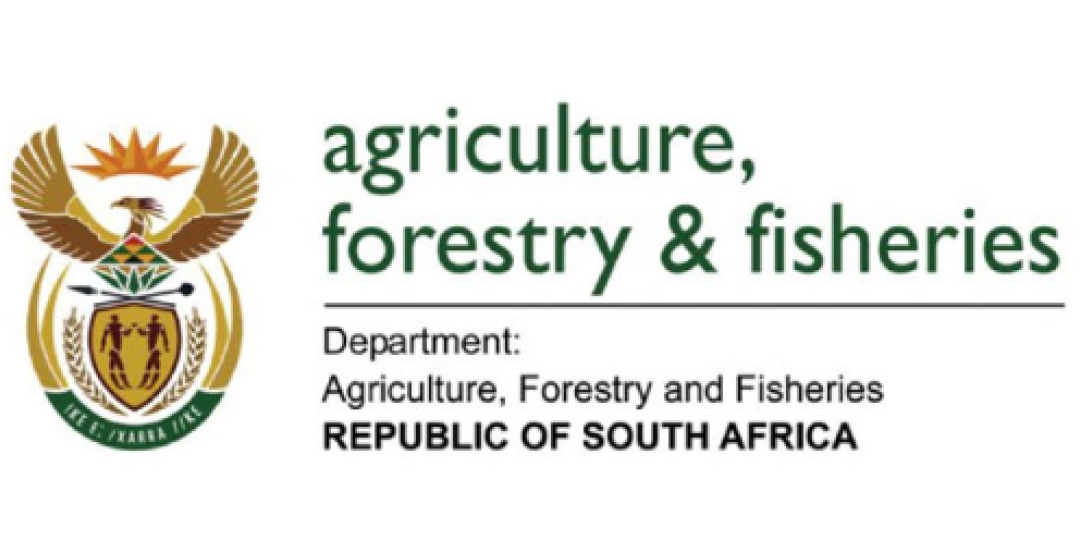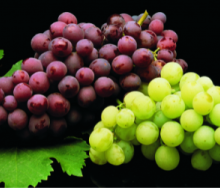The Department of Agriculture says strict movement control remains in place within the Disease Management Area (DMA) in the Eastern Cape and KwaZulu-Natal provinces to prevent the outward spread of foot-and-mouth disease (FMD) outbreaks in both provinces.
While outbreaks in all other previously affected provinces have been resolved and officially closed with the World Organisation for Animal Health (WOAH), focused efforts are ongoing to manage and contain the disease in these two areas.
The FMD outbreak in the Eastern Cape was first detected in May and has affected 37 farms in the Humansdorp area and one farm in East London.
Additionally, 36 farms were preemptively vaccinated to reduce the spread of the virus and mitigate clinical symptoms, and 96 906 cattle and 635 sheep have been vaccinated since the outbreak started.
The department said the DMA declared in July remained in effect.
“Movement of animals into, through, or out of this area is restricted and permitted only with authorisation from the State Veterinary office. No new cases have been reported since 19 September 2024, signalling that the virus circulation is declining,” the department said in a statement on Friday.
The department reported that in KZN, FMD had extended to the uPhongolo Local Municipality in the north of the Zululand District.
Due to this, the existing DMA boundaries are under review and will be expanded to include newly affected areas and identified risk zones.
“Since the outbreak began in May 2021, the KZN province has reported 155 cases as part of the South African Territories 2 FMD event. Of these, 17 outbreaks have been resolved and closed with the WOAH,” the department said.
“However, 133 active outbreaks remain within communal dip tanks, a few small-scale farms, and five game reserves, all located in close proximity.”
In a bid to control the spread of the disease, the department said the DMA established in 2021 in KwaZulu-Natal, with amended boundaries in 2022, remained active, while the DMA declared in Eastern Cape in July, continued to be enforced.
Farmers on infected or vaccinated farms must take every precaution to prevent the spread of the disease, and farmers in unaffected areas are also urged to maintain strict biosecurity to prevent FMD from entering their farms or communal grazing areas.
“Controlled slaughter of cattle from infected farms is permitted at designated abattoirs, with additional biosecurity measures in place. Meat from restricted farms is safe for human consumption, though it cannot be exported due to certification constraints,” the department said.
It also commended farmers and veterinarians for working to contain the disease and urged continued vigilance to protect livestock.
The FMD outbreak in East London has been successfully contained.
“Animals on these farms are being slaughtered in a controlled manner at designated abattoirs, ensuring that FMD risk materials are properly processed or disposed of. Only safe products are released into the local market,” the department said.
While meat from FMD-restricted farms cannot be exported due to certification limitations, the department has given its assurance that the meat remains safe for human consumption.
“The Director of Animal Health has designated three abattoirs to handle the slaughter of cloven-hoofed animals from FMD-quarantined farms. Seventeen farms have been granted permission for controlled slaughter at these abattoirs,” the department said.
“In addition to the control measures within the DMA in the Eastern Cape Province, the July 2024 Gazette Notice stipulates that cloven-hoofed livestock across South Africa may only be moved if accompanied by a health declaration from the owner, attesting to the animals' health at the time of movement.
“While this has been a legal requirement since October 2022, its importance is being reiterated to prevent the further spread of FMD,” the department said. – SAnews.gov.za













